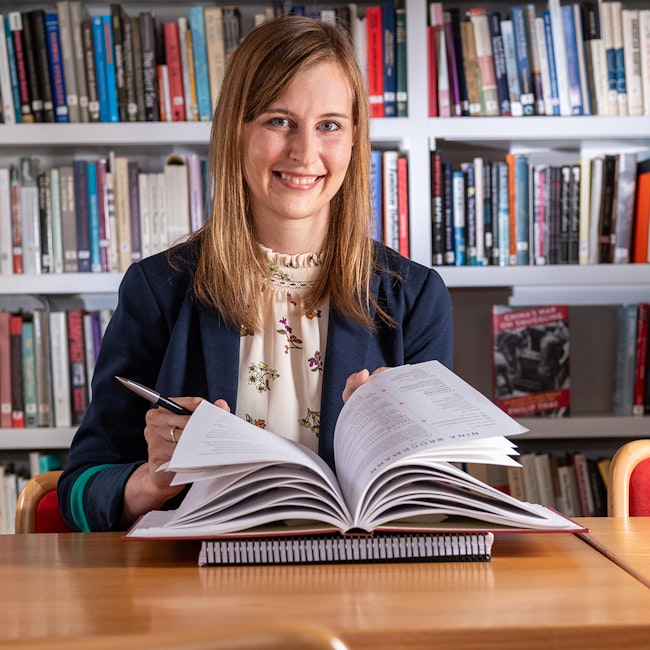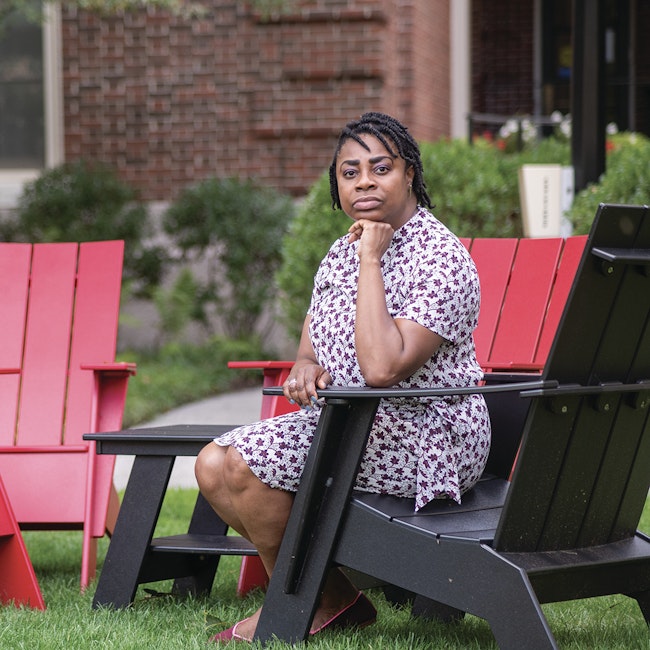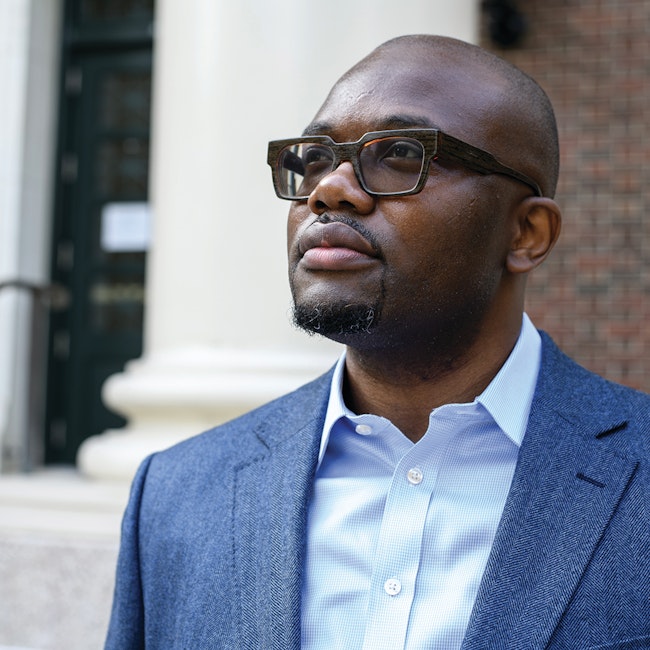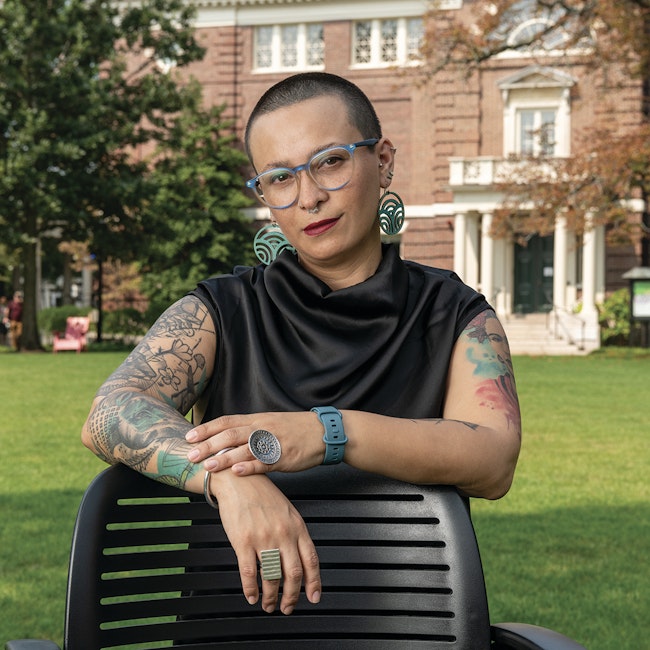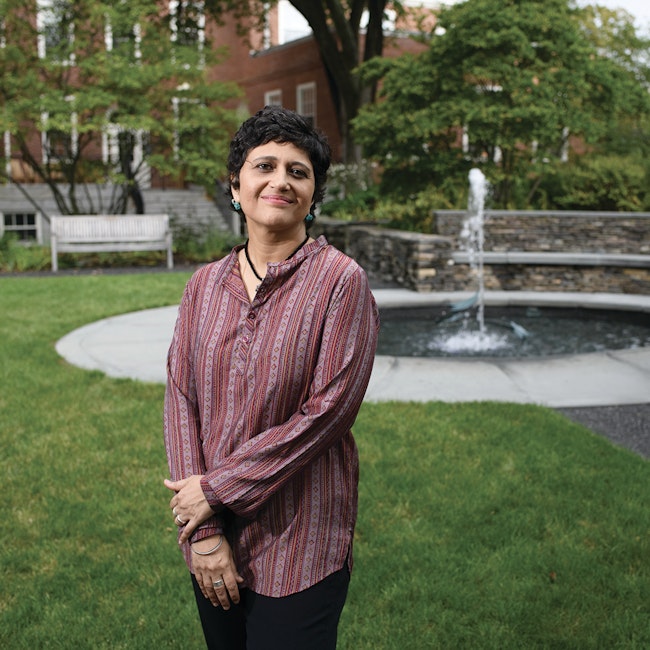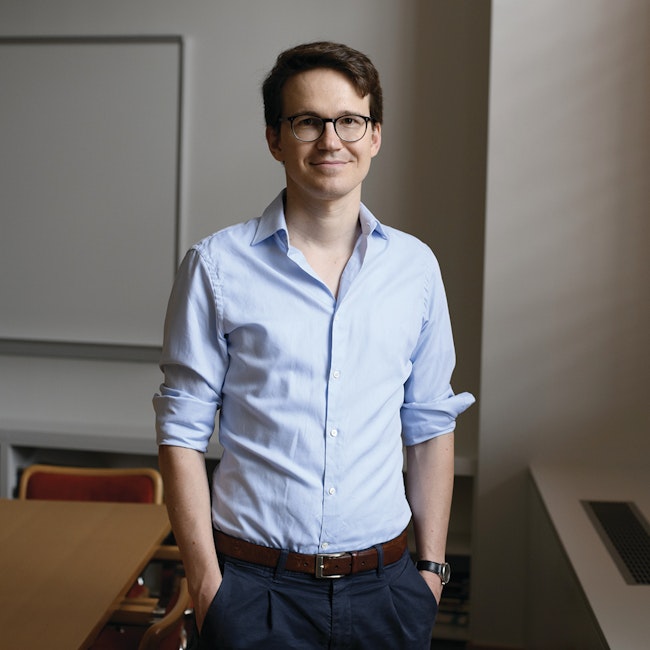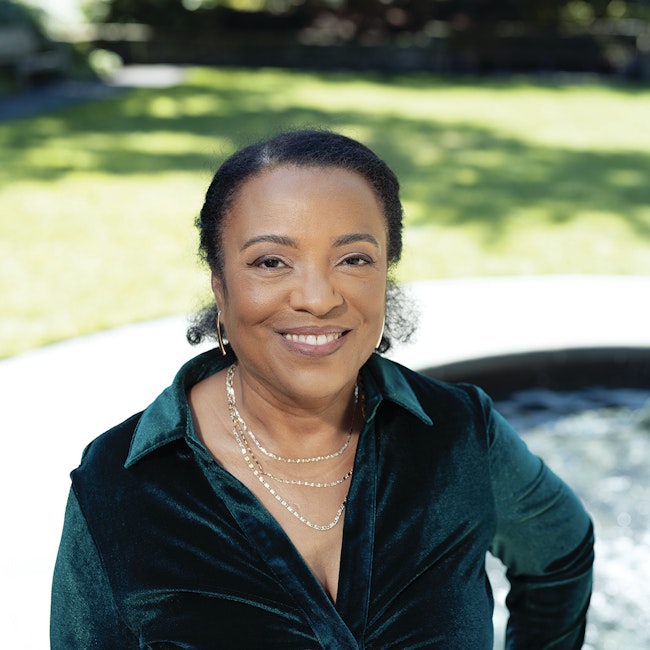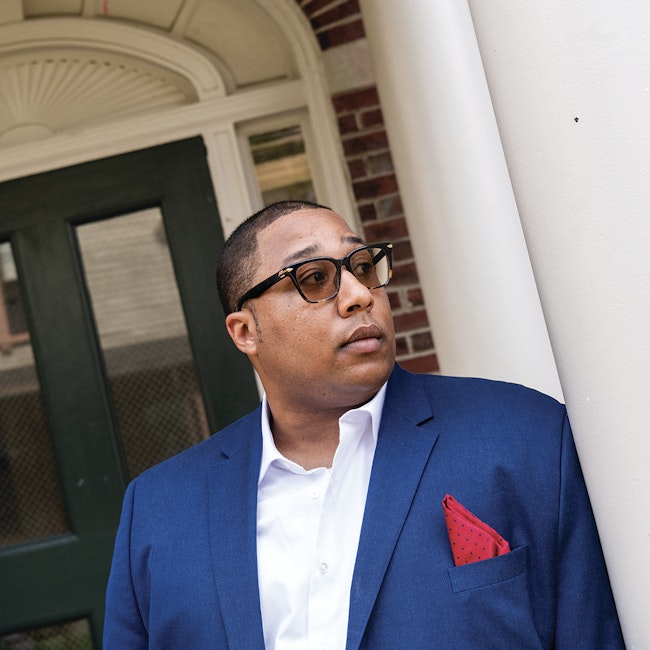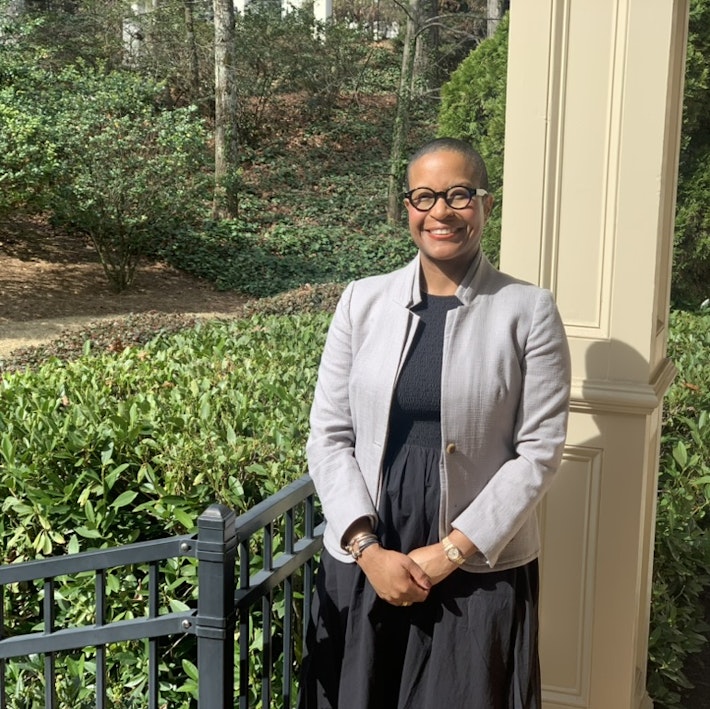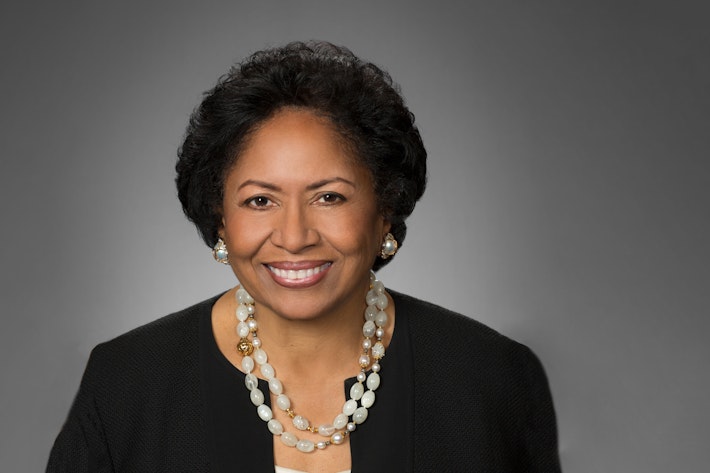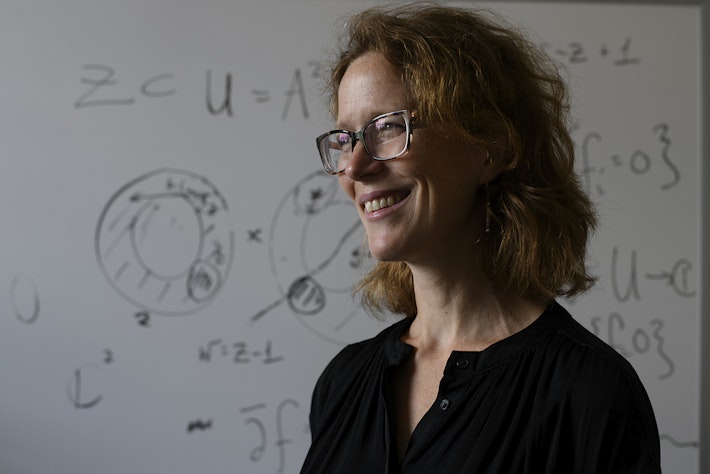Linda S. Wilson
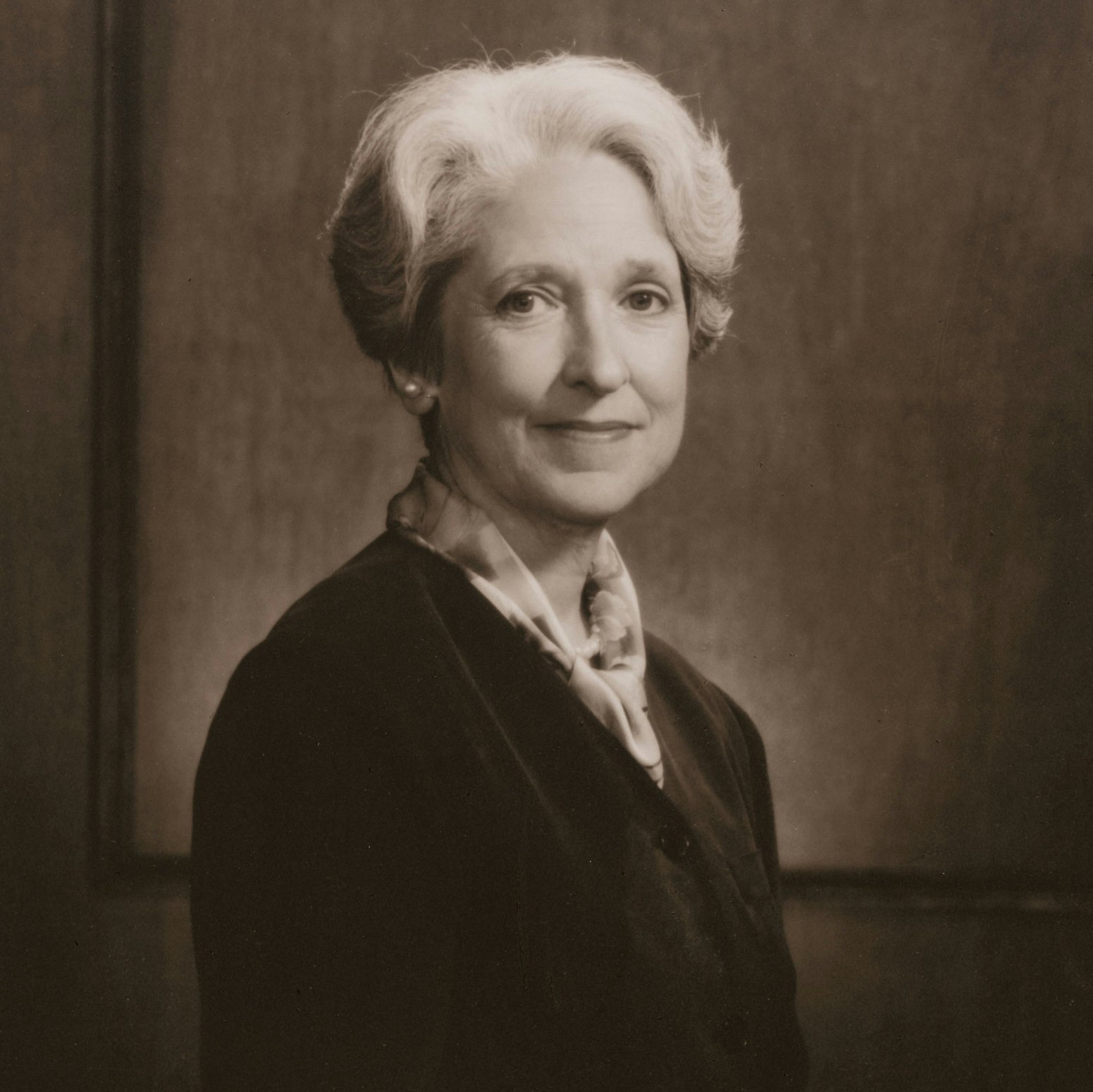
Linda S. Wilson was born in Washington, DC, and earned her undergraduate degree from H. Sophie Newcomb Memorial College at Tulane University. She went on to receive a doctoral degree in chemistry from the University of Wisconsin–Madison. She was selected as “one of 100 emerging leaders” by the American Council on Education and Change (1978). Before her appointment as the seventh president of Radcliffe, she taught and conducted research at the University of Maryland, the University of Southampton, in England, and the University of Missouri–St. Louis. She also worked as an administrator at Washington University in St. Louis, the University of Illinois at Urbana-Champaign, and the University of Michigan.
As president, Wilson initiated the Radcliffe Research Partnership Program in 1991 to increase opportunities for undergraduates to work with Radcliffe scholars and staff. The program continues to flourish.
Wilson also established the Radcliffe Public Policy Institute in 1993, which sponsored interdisciplinary research and convened scholars, policymakers, business and labor leaders, and members of the media to explore work and the economy, science, gender, and society. Today the Radcliffe Institute continues this work by presenting multidisciplinary seminars and conferences and hosting public intellectuals such as Amy Goldstein RI ’12 and Juliet B. Schor RI ’15.
Also in 1993, Wilson launched the Graduate Consortium in Women’s Studies. This was an effort by faculty members at Radcliffe College and six degree-granting institutions in the Boston area to advance women’s studies scholarship.
Active in national science policy, Wilson was noted for her efforts to develop cooperative working relationships among universities, government, and industry. During her presidency, she served on numerous boards and advisory committees, including the National Institute of Medicine, the National Academy of Science, the National Science Foundation, and the American Council on Education’s Commission on Women in Higher Education.
Wilson’s presidency concluded in 1999, after Radcliffe and Harvard signed an agreement to merge and to establish the Radcliffe Institute for Advanced Study.
